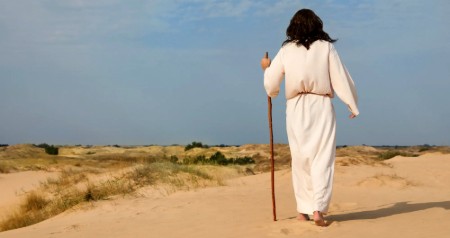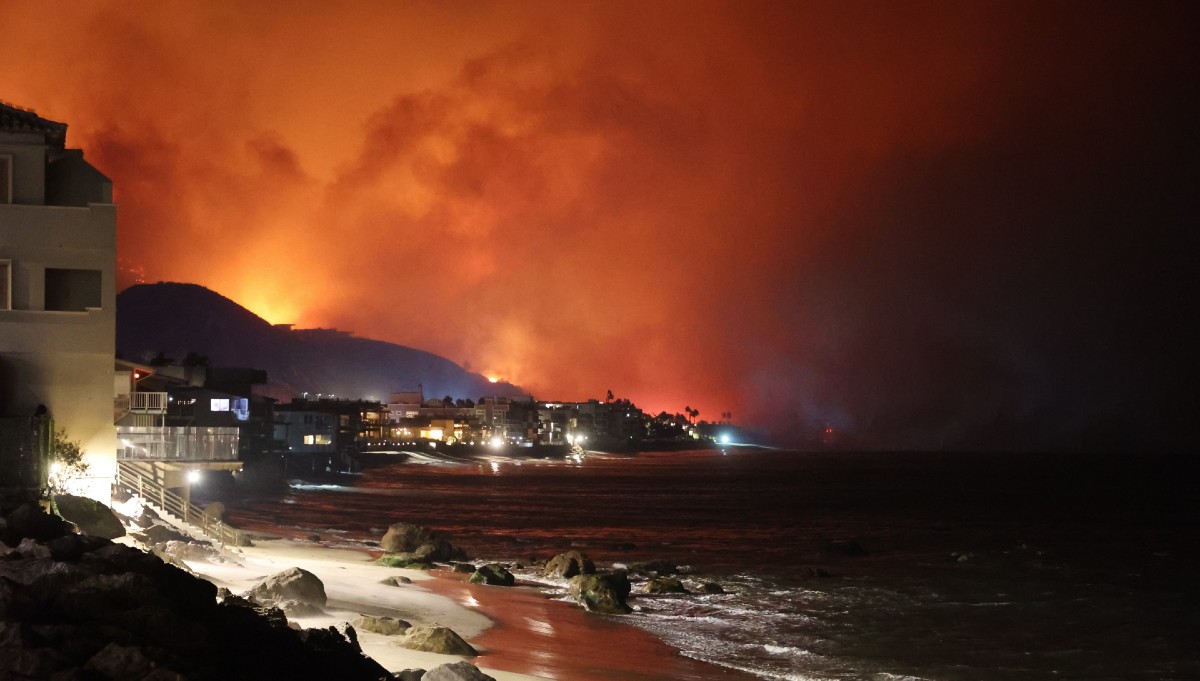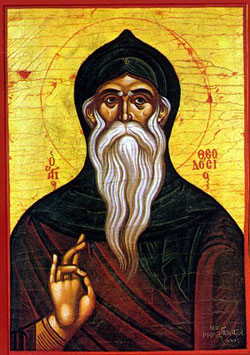We ask you, urgently: don’t scroll past this
Dear readers, Catholic Online was de-platformed by Shopify for our pro-life beliefs. They shut down our Catholic Online, Catholic Online School, Prayer Candles, and Catholic Online Learning Resources—essential faith tools serving over 1.4 million students and millions of families worldwide. Our founders, now in their 70's, just gave their entire life savings to protect this mission. But fewer than 2% of readers donate. If everyone gave just $5, the cost of a coffee, we could rebuild stronger and keep Catholic education free for all. Stand with us in faith. Thank you.Help Now >
Jason Project excites students about discovery, science
FREE Catholic Classes
WASHINGTON (CNS) - "He's got your question! He's going to answer your question!" said a sixth-grade student excited that NASA researcher Jack Farmer was answering another student's question during an online discussion.
Highlights
Catholic News Service (www.catholicnews.com)
8/4/2006 (1 decade ago)
Published in Marriage & Family
"What they're inquiring about, they're learning about," said Allison Carney, the sixth-grader's teacher at Holy Cross School in Overland Park, Kan., about the question-and-answer session. Asking questions of NASA scientists and implementing real research into classroom experiments is all part of the Jason Project, a program in its 18th year that incorporates hands-on learning with curricula that meet school standards. The program, founded by Robert Ballard, an oceanographer known for finding the sunken Titanic, aims to excite middle-school students about math and science. Carney related the story about her students in an interview during a July 18-20 conference sponsored by the Jason Project in Washington. The annual gathering, called the Jason Action Summit, is for teachers who are using or want to use the program in their classrooms. "This year is a big year for us," said Yetta Lewis, vice president of professional development for the Jason Project. The project, which until last July was called the Jason Foundation for Education, is now a nonprofit subsidiary of the National Geographic Society. It also is working to develop more curricula to give teachers access to a wider range of material. The science and math program exposes students to timely issues. For example, this year's theme is "Monster Storms." Based on research from partner organizations such as the National Oceanic and Atmospheric Administration, NASA and National Geographic, the program will teach students about weather, climate and severe storms. Students will learn from a hurricane researcher, atmospheric scientist, research meteorologist and tornado chaser, among others. Schools that participate in the Jason Project will be able to communicate with these scientists throughout the year. A select number of teachers and students will also get the chance to join the scientists in field research. Message boards on the Jason Web site - www.jasonproject.org - give participants in the U.S. and around the world an opportunity to communicate with one another and build a network. When Ballard founded the program, his inspiration came from thousands of schoolchildren who wrote letters asking to accompany him on his next exploration. Today, those who are selected to join scientists on research missions are called Argonauts, named for the heroic Jason in the Greek myth about Jason and the Argonauts. Margie Sparks, who once taught an Argonaut mission, now teaches science to sixth-, seventh- and eighth-graders at St. Hugh School in Greenbelt, Md., where some of her students have been selected to be Argonauts. On the expedition she led, Sparks used remote sensing to research the impact of kelp, sea lions and humans on the California Channel Islands. "Outside of the birth of my children, I think it's the best thing I've ever done," Sparks said of the expedition and of using the Jason Project in her classroom. Before incorporating the program in their classrooms, teachers receive training and are invited to attend an annual conference. This year more than 200 teachers attended the Jason Action Summit, which included presentations, experiments, discussions and take-home lessons. Conference participants learned how to make homes out of cardboard and putty that would be able to withstand a hurricane - or, in this case, the force of a leaf blower. In all, 20,000 teachers and 1 million students participate in the Jason Project in 41 states and eight countries. After using the program in her classroom, Sparks said her students' test scores have improved and she has seen them "take their observations a step further" and be inspired by science. She has also heard from former students who tell her they are taking honors science courses in high school. "They just love it," she said, adding: "I love that Jason gets them excited about science."
---
Copyright (c) 2007 Catholic News Service/U.S. Conference of Catholic Bishops
Join the Movement
When you sign up below, you don't just join an email list - you're joining an entire movement for Free world class Catholic education.
-

-
Mysteries of the Rosary
-
St. Faustina Kowalska
-
Litany of the Blessed Virgin Mary
-
Saint of the Day for Wednesday, Oct 4th, 2023
-
Popular Saints
-
St. Francis of Assisi
-
Bible
-
Female / Women Saints
-
7 Morning Prayers you need to get your day started with God
-
Litany of the Blessed Virgin Mary
Introducing "Journey with the Messiah" - A Revolutionary Way to Experience the Bible
-

Catholic Response to Devastating Los Angeles Wildfires
-

Federal Court Blocks Biden Administration's Gender Identity Rule
-
A Future for Life: Introducing the Winners of the Priests for Life Pro-Life Essay Contest
-
Reflections on Pope Francis' 2025 World Day of Peace message
Daily Catholic
 Daily Readings for Saturday, January 11, 2025
Daily Readings for Saturday, January 11, 2025 St. Theodosius the Cenobiarch: Saint of the Day for Saturday, January 11, 2025
St. Theodosius the Cenobiarch: Saint of the Day for Saturday, January 11, 2025 Prayer for a Blessing on the New Year: Prayer of the Day for Tuesday, December 31, 2024
Prayer for a Blessing on the New Year: Prayer of the Day for Tuesday, December 31, 2024- Daily Readings for Friday, January 10, 2025
- St. William of Bourges: Saint of the Day for Friday, January 10, 2025
- St. Theresa of the Child Jesus: Prayer of the Day for Monday, December 30, 2024
![]()
Copyright 2024 Catholic Online. All materials contained on this site, whether written, audible or visual are the exclusive property of Catholic Online and are protected under U.S. and International copyright laws, © Copyright 2024 Catholic Online. Any unauthorized use, without prior written consent of Catholic Online is strictly forbidden and prohibited.
Catholic Online is a Project of Your Catholic Voice Foundation, a Not-for-Profit Corporation. Your Catholic Voice Foundation has been granted a recognition of tax exemption under Section 501(c)(3) of the Internal Revenue Code. Federal Tax Identification Number: 81-0596847. Your gift is tax-deductible as allowed by law.






 Daily Readings for Saturday, January 11, 2025
Daily Readings for Saturday, January 11, 2025 St. Theodosius the Cenobiarch: Saint of the Day for Saturday, January 11, 2025
St. Theodosius the Cenobiarch: Saint of the Day for Saturday, January 11, 2025 Prayer for a Blessing on the New Year: Prayer of the Day for Tuesday, December 31, 2024
Prayer for a Blessing on the New Year: Prayer of the Day for Tuesday, December 31, 2024


